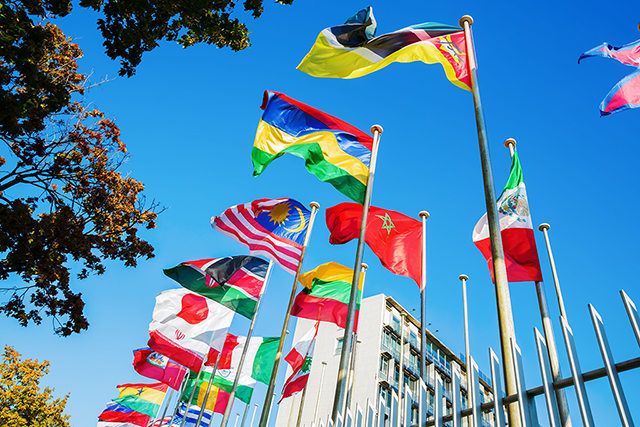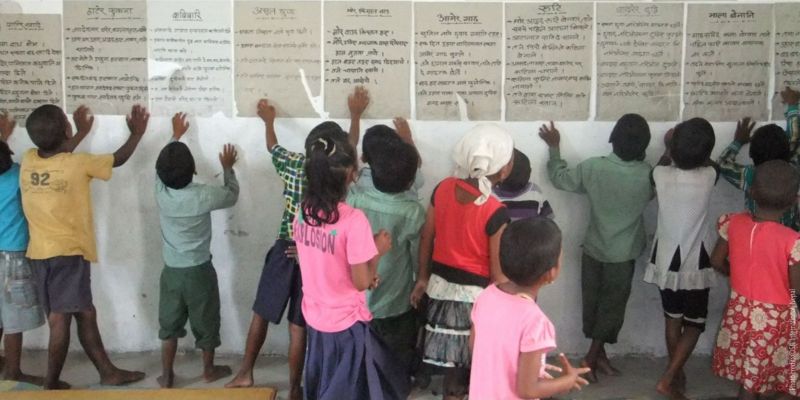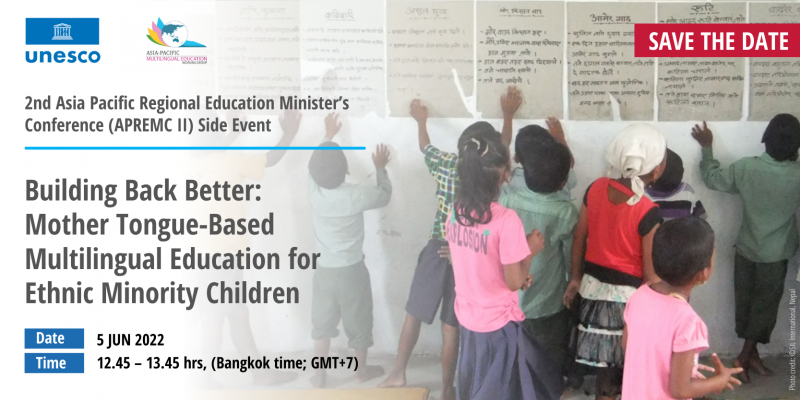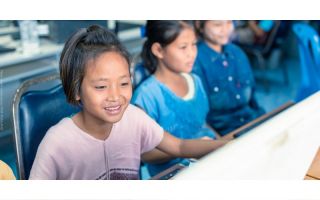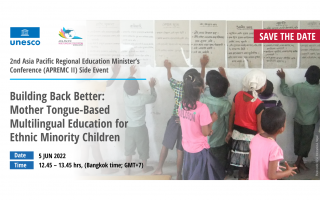Mother tongue-based Multilingual Education
UNESCO promotes mother tongue-based bilingual or multilingual approaches in education - an important factor for inclusion and quality in education. Research shows this has a positive impact on learning and learning outcomes.
The Organization provides normative frameworks for language policy and education and shares good practices in bilingual and multilingual education and mother tongue instruction.
